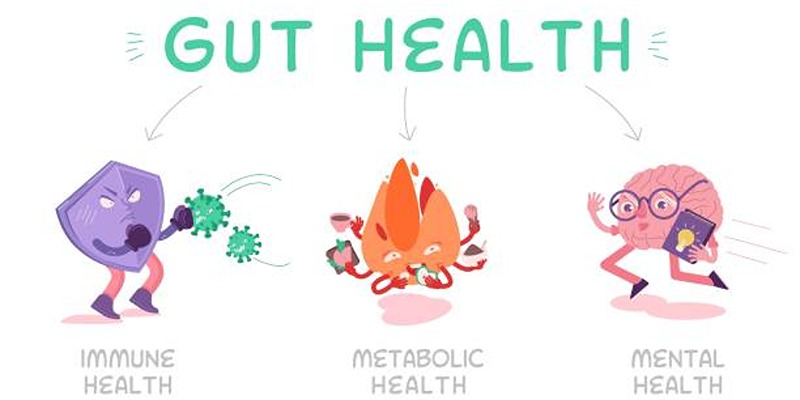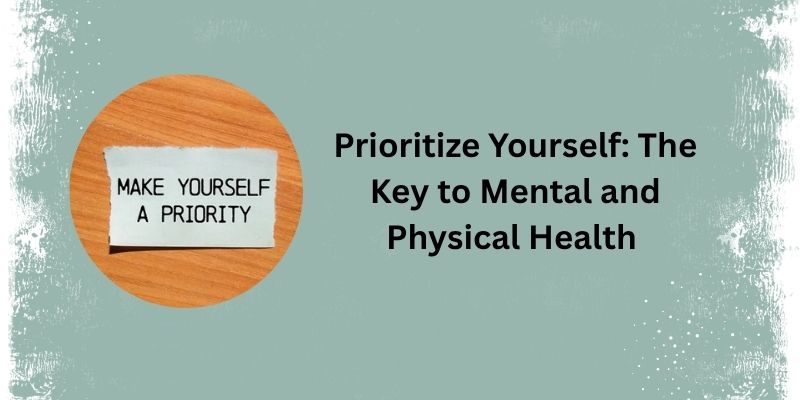There’s a moment in the homebuying process that feels like stepping out of neutral and into drive: mortgage preapproval. It doesn’t mean you’ve bought a home, but it does mean you’re now a serious contender. Sellers take you more seriously, real estate agents want to work with you, and you finally get a clear picture of your borrowing power.
But this isn’t a permission slip that lasts forever. Like milk or medicine, a mortgage preapproval has an expiration date—and understanding how long it lasts, what can shorten it, and how to renew it can save you from serious delays down the line.
What Is Mortgage Preapproval and Why It Matters?
Mortgage preapproval is essentially a lender saying, “Based on what we see, we’d be willing to loan you up to this amount.” To make that call, the lender will look at your credit history, income, employment status, debts, and a few other pieces of financial information. It’s more than just a soft check—it’s an actual evaluation, which makes it much stronger than a basic prequalification.
This preapproval comes with a letter you can show to sellers and agents to prove you're not window shopping—you're ready to buy. The process can be rigorous, but once you have that letter in hand, it opens doors. The amount you're approved for gives you a price ceiling for your house hunt, which makes the search more efficient. Most importantly, sellers often won't take your offer seriously without one. However, and this is key, that approval doesn't last forever. In most cases, you’ve got a window of time before it expires, and if you miss it, you’ll need to start again.
Typical Timeframe: How Long Does It Actually Last?
Most mortgage preapprovals are good for 60 to 90 days. That’s the standard industry range. Some lenders may stretch that to 120 days, but that’s less common. The actual expiration date will usually be printed right on the letter. Why the time limit? Because the financial world, like your personal circumstances, changes quickly. Lenders need to ensure your financial situation is still solid before they move forward with a real loan.

Let’s say you get preapproved in March, but by June, you’ve changed jobs, taken on a new car loan, or your credit score has dipped. Those shifts can affect your ability to repay a mortgage. Lenders need to reassess your stability before making a long-term financial commitment.
Another factor is the rate of the environment. Mortgage interest rates can shift significantly within just a few months. A preapproval doesn't lock your rate, so if the market changes, your borrowing power might change with it. Lenders want your financial data—and the conditions of the market—to be current when they finalize the loan.
What Can Shorten or Invalidate Preapproval?
Even if you’re within that 60- to 90-day window, certain things can cancel your preapproval early. Changes to your financial situation are the biggest culprits. Taking on new debt—like financing a car or opening a new credit card—can alter your debt-to-income ratio enough to make the lender pause. Missing payments or making large unexplained deposits can also raise red flags.
Employment status is another critical factor. If you lose your job or switch to part-time work, your lender may pull your preapproval. Even changing industries can create complications. A pre-approval is based on a specific snapshot of your finances and job stability. When that picture changes, the lender needs to recheck the details.
Credit score drops are also a big risk. Since lenders do a hard credit check during preapproval, they already know your score. But if they suspect something’s changed—maybe you missed a payment or maxed out a credit card—they might re-run your credit. If your score has fallen significantly, that preapproval can evaporate overnight.
It's also worth noting that some lenders include conditional language in their preapproval letters. They might say it's "contingent upon verification of employment" or "subject to further review." In plain terms, they're reserving the right to back out if anything shifts. So, even with a valid letter, your financial behavior during the home search still matters.
How to Renew or Extend a Mortgage Preapproval?
If your preapproval expires before you find a home, the good news is renewing it is usually easier than starting over—especially if your finances haven't changed much. Most lenders simply require updated versions of the same documents you provided initially: recent pay stubs, bank statements, and possibly a new credit check.

This is also a chance to adjust your preapproval if needed. Maybe mortgage rates have dropped, boosting your buying power. Or maybe you’ve paid off a credit card or gotten a raise. Those updates can improve your approval amount or loan terms. On the flip side, if your credit score has dropped or you've taken on new debt, you may get reapproved for less—or not at all.
The smart move is to watch the expiration date. Set a reminder a couple of weeks ahead. If it looks like you won't buy in time, gather updated documents early and talk to your lender. You don't want to make an offer only to find out your preapproval has quietly expired.
Sometimes, you may need to switch lenders. Maybe your original one had stricter rules or uncompetitive rates. If so, you'll need to restart the preapproval process—but you'll also have the opportunity to shop for better terms.
If you're serious about buying, don't sit on your preapproval. Use it. The best strategy is to actively use it while it remains valid rather than treating it as a backup. Real estate markets can move fast, and redoing paperwork could cost you the home you want.
Conclusion
Mortgage preapproval isn't permanent—it usually lasts two to three months and depends on your financial stability. Job changes, new debt, or credit issues can throw things off track, even before they expire. Once it does, you'll need to reapply. Staying on top of your finances and keeping in touch with your lender matters. If you're nearing expiration without a signed contract, renew early. In real estate, timing can make or break your deal. Keep moving, stay ready, and don't let the clock run out.












